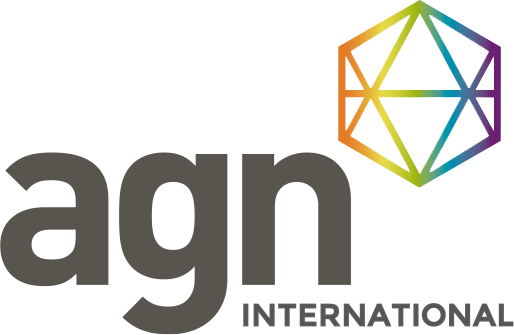What Are Nanny Taxes?
The term “nanny tax” refers to federal payroll taxes employers must pay for household employees, such as Social Security, Medicare, and federal unemployment tax. These taxes ensure your nanny receives credit for Social Security and Medicare benefits later in life.
Under IRS guidelines, you’re considered a household employer if you hire someone who works in your home and control how the work is done (even if you don’t directly supervise them daily).
Who Counts as a Household Employee?
You might owe nanny taxes if you employ a:
- Nanny
- Housekeeper
- Caregiver for an elderly family member
- Personal chef
If the worker sets their own hours, brings their own equipment, and works for multiple households, they might qualify as an independent contractor instead, which would exempt you from paying nanny taxes. However, misclassifying an employee can result in penalties, so it’s best to confirm their status with a tax professional.
Income Threshold for Nanny Taxes
For 2024, you must pay nanny taxes if you pay your household employee $2,600 or more in cash wages during the year. If you meet this threshold, you’re required to:
- Withhold Social Security and Medicare taxes from your employee’s pay (currently 7.65%).
- Match the withheld amount for your employer share.
- Pay federal unemployment tax (FUTA), which is 6% of the first $7,000 in wages.
Depending on where you live, you may also need to pay state unemployment taxes.
How to Pay Nanny Taxes
The process might sound intimidating, but it’s manageable if you follow these steps:
- Get an EIN (Employer Identification Number): You’ll need this to file tax forms for your household employee.
- Prepare Form W-2: Provide a W-2 to your nanny at year-end to report their wages and tax withholdings.
- Submit Schedule H with Your Taxes: This form, attached to your personal tax return, summarizes household employment taxes.
- File and Pay Taxes Quarterly: You may need to remit payroll taxes quarterly through estimated tax payments.
If this feels overwhelming, a payroll service can help handle the calculations, filings, and payments on your behalf.
Are You Exempt from Nanny Taxes?
Not every situation requires you to pay nanny taxes. For example:
- You’re usually exempt if the worker is your spouse, child under 21, or parent.
- Payments below $2,600 in 2024 don’t trigger tax obligations.
Keep in mind, babysitters under 18 who work part-time and are students are not typically considered household employees.
Why Nanny Taxes Matter
Beyond staying compliant with the IRS, paying nanny taxes benefits your employee by ensuring they have access to Social Security, Medicare, and unemployment benefits. It also avoids legal issues that could arise from failing to report wages.
Household employment rules add another layer of complexity to payroll taxes. By understanding your responsibilities and staying organized, you can confidently handle nanny taxes. But when in doubt, consult with a tax advisor who can guide you through the process and ensure everything is handled correctly!


